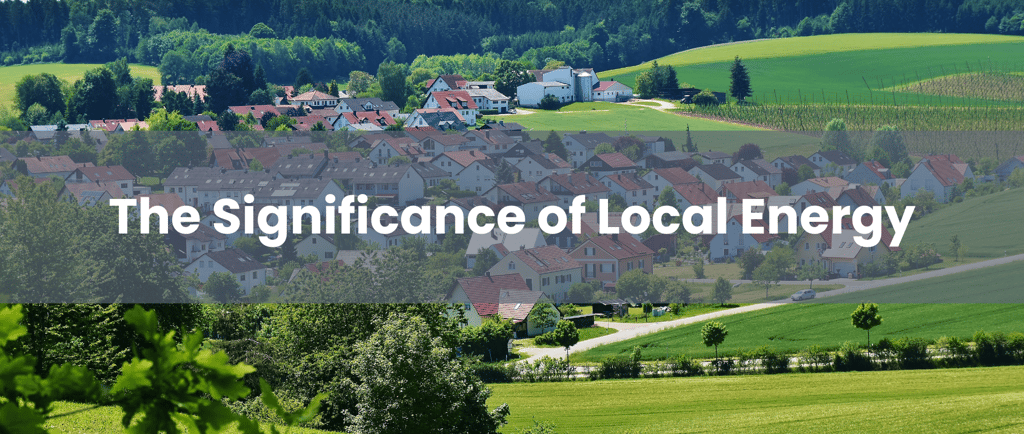The significance of local energy
In this blog we delve into the concept of Smart Local Energy Systems and their potential to revolutionise energy management and decarbonisation at the neighbourhood level. Learn how these systems simplify the energy burden, reduce costs and enhance energy security, and discover the challenges and opportunities that LEMA is addressing. Click to read more.
Simon Anderson
5/24/20241 min read


The term ‘smart local energy systems’ is probably new to many of you. It was in fact coined by Innovate UK’s ‘Prospering from the Energy Revolution’ (PfER) programme. The brain child of Patrick Allcorn and Rob Saunders, this was a 4-year £102m programme designed to demonstrate the value of managing demand locally through 15 separate projects, which it did, comprehensively.
In simple terms smart local energy systems aggregate generation, storage, and demand behind a substation to manage peak demand. In doing so they can enable the connection of low carbon technologies in advance of grid strengthening and thus accelerate and simplify local decarbonisation.
Following PfER, and as electricity demand accelerates due to the adoption of EVs and heat pumps, there is growing acknowledgement that neighbourhood energy systems like these not only offer huge industry benefits but are also capable of going some way to democratising energy.
In an earlier blog I talked about the principle of decomposing a large problem into more manageable parts. This is what neighbourhood energy can do. Instead of one overall grid system managing tens of millions of devices, adopting smart local energy systems would create a ‘system of systems’ approach with the grid supporting thousands of neighbourhood systems rather than tens of millions of devices.
This would generate at least three major groups of benefits:
o The simplification of the local energy burden, accelerating consumer adoption of LCTs and decarbonisation
o Reversing the trend of increasing energy costs, particularly for consumers through the democratisation and sharing of locally generated energy
o Enhancing energy security
So why aren’t they being implemented?
This is a highly fragmented space with multiple responsibilities, technologies, and complexities. There is little or no co-ordination meaning that whilst technically these systems have been demonstrated and their value projected, the way to make them commercially viable has not. This is what a market does and is what LEMA has been set up to tackle in a pragmatic, industry led fashion working to maximise opportunities available to us now. How we are tackling this is the subject of my next blog…
